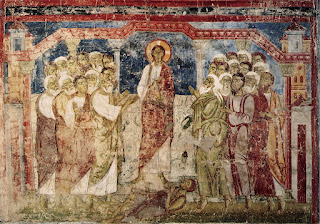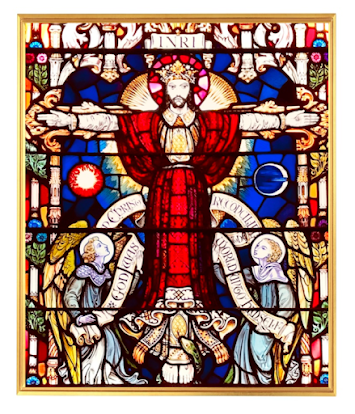
“Why do you make me see wrong-doing and look at trouble?” Habakkuk, prophesying shortly before Judah was conquered by Babylon, looked at his world around 600 BCE and saw violence and trouble and wrong-doing on all sides, including an imminent war that his country was going to lose. Two and a half millennia later, I look around at my world, and I see environmental destruction and political violence, strife between citizens here, and contention over land and resources there. And God doesn’t have to make me see it. I can doom-scroll at 3am all on my own. It’s bad news, as far as the algorithm can see. Everyone is blaming someone else as the law becomes slack about the crimes of the rich but tightens its noose around the poor. It becomes a toy in the hands of the ambitious, and the wicked surround the innocent in search of someone or something to punish for the problems they themselves often created. Yet the psalmist tells us not to fret ourselves. They use that phrase three ti...




